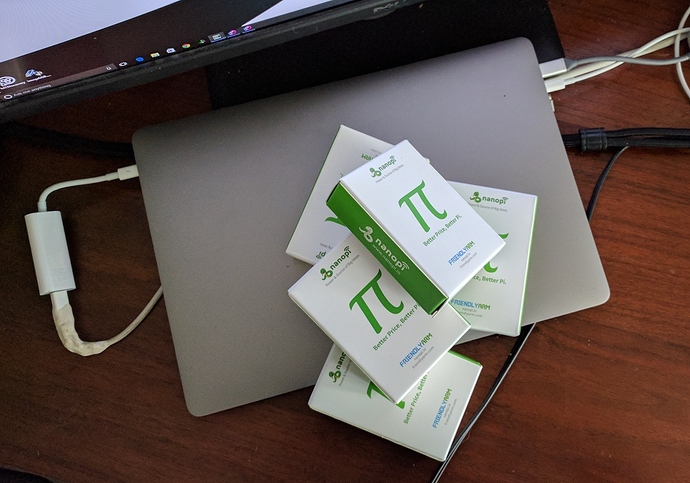100% agreed.
We were staring down the barrel of this problem when considering the prospect of doing “Roon Bridge Kit”. It’s a lot of work that really only needs to be done once, and not something that vendors like us should be doing in a fragmented way.
I’m looking forward to playing with DietPi when I get a chance to dive into these guys…
